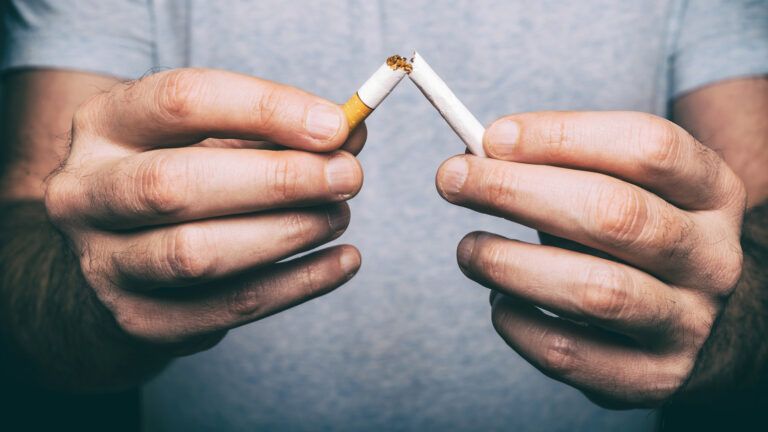This article is from August 2012.
Tomorrow, at New Hope Baptist Church, in Newark, New Jersey, right across the Hudson River from where I sit, Whitney Houston will be laid to rest in a service conducted by pastor and gospel singer Marvin Winans and attended by such luminaries as CeCe Winans, Aretha Franklin, Jesse Jackson, Kevin Costner, Stevie Wonder, Dionne Warwick and Chaka Khan.
It will end a week of mourning for the tragic songstress that began after she was found dead of a suspected drug overdose in the bathtub of a Beverly Hills hotel room the night before the Grammy awards, highlighted with a moving music tribute by singer Jennifer Hudson.
Many people have said her death is a tragedy for the music and entertainment industry, the premature silencing of the greatest female pop voice of her generation. But that is not the real tragedy. There will be other great singers. But Whitney’s daughter, Bobbi, will never have another mother. Whitney’s mother, Cissy Houston, will never have another daughter. Her siblings will never have another sister. And as will most surely come out, this will all be the direct result of drug and alcohol addiction. The real tragedy isn’t that she died but why she died. And why she didn’t have to.
Substance abuse derailed her career at its stratospheric heights and destroyed her soaring, five-octave voice as surely as if she had taken sandpaper to her vocal cords. As her painfully public struggles show, fame and fortune cannot immunize you against addiction and its lethal consequences. In fact it can make it worse. Forget about the pressures of show business. It’s the unrelenting demands of being a junkie, the day-to-day, sometimes hour-to-hour pressure of feeding your addiction that will burn you out fast, especially if you are surrounded by people who think it’s OK.
She’s been compared to the greatest voices of all time, which is fair. Whitney’s true peers, though, are not fellow artists but fellow addicts. Addiction is a great equalizer. Whether you’re bottoming out on the Bowery or in Beverly Hills, the reality of addiction trumps any other socioeconomic distinction. There’s no difference. Not really. Not inside.
Except that addicts who can afford it often insulate themselves with handlers and hangers-on who are not empowered to say no. Look at Elvis and Michael Jackson. They conducted their addictions openly behind a phalanx of sycophants who were trusted not to challenge or betray them.
I am incredibly disturbed to hear people who presumably cared about her claim that Whitney seemed happy and healthy, dancing and drinking the night away at pre-Grammy parties in L.A. clubs. I am not against parties and I am not against clubs. I am against watching someone playing Russian roulette with a live one in the chamber and saying that person is really enjoying herself. Whitney had been in rehab at least three times and trust me, the therapeutic goal of those rehabs was total abstinence, a day at a time. If I had encountered someone from one of the many rehabs and detoxes I attended partying with champagne, I would not say, “There’s a person having a good, healthy time.” I would say, “There but for the grace of God go I.”
If I am grateful for anything about the singer’s death, it is that it’s a reminder of addiciton’s power—a reminder that may save lives. I think she would go along with that. Because every 19 minutes in America someone dies just like Whitney most likely did, by mixing prescription sedatives or painkillers with alcohol. It’s a surefire recipe to stop breathing. Yes, sometimes these are people who have taken matters into their own hands, but usually it’s people whose lives have been taken by the hands of addiction. Death is just the outcome.
I’ll think of Whitney tomorrow in that church across the river where she was first noticed singing in the choir, an adorable young girl everyone called Nippy, and where she now returns years before her rightful time. The coroner’s report may indeed say that she died of an overdose of benzodiazepines and booze, but what surely killed her was untreated addiction.





